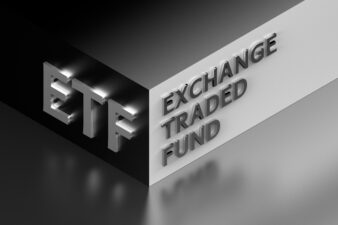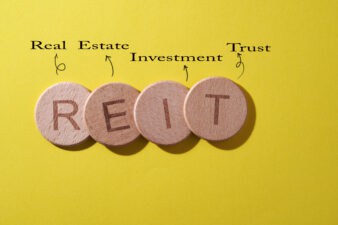Central bankers have brought about the investment apocalypse! Around the world, zero-interest rate policies have doomed the retirement plans of many investors. Now, like an army of zombies, they roam the investment landscape in a desperate hunt for bbrrraaaiiinnssss, er, yyyiiiieeelllddd.
Kidding aside, it’s no surprise that investors have turned to dividend-paying stocks as an alternative to low yielding bonds. Income investing is suddenly in vogue. And financial marketers have responded with a host of new products such as the iShares Dow Jones Select Dividend Index Fund (TSX: XDV) or the iShares Canadian Dividend Aristocrats Index Fund (TSX: CDZ).
But in reality, dividends may be a bad idea. Smart investors led by Warren Buffett are actually against them altogether. How can that be? Let me explain.
Dividends hurt returns
To explain why dividends are a bad idea, I’m going to need to use a little math. But I promise it will be quick and painless.
Let’s consider a hypothetical investment in Tim Horton’s (NYSE:THI). In this scenario, I’ll assume that Tim’s earns $1.00 per share each year and that investors are willing to pay 10 times earnings for each share of stock. For simplicity, I’m not going to include the effects of taxes or reinvestment requirements.
In scenario one, let’s imagine if Tim’s paid out all of its earnings as dividends to investors. You will receive a $1.00 cheque every year. Of course, without any funding for expansion Tim’s earnings will remain constant. At the end of 10 years, the stock is worth $10.00 per share and you will have received $10.00 in dividends cheques. Not a bad haul.
| Reinvestment Rate | Year 10 EPS | Year 10 Share Price | Total Return* |
|
0% |
$1.00 |
$10.00 |
$10.00 |
|
50% |
$2.06 |
$20.61 |
$17.68 |
|
100% |
$4.05 |
$40.46 |
$30.46 |
Total Return is equal to capital gains plus accumulated dividends.
But there’s a better alternative. Let’s now assume that any profits Tim’s keeps can be reinvested at a 15% rate of return. Now if Tim’s management halts its dividend program and reinvests its profits back into the business, within 10 years the company will generate $4.05 in earnings per share. Assuming investors will pay the same multiple for the company in the future (remember 10 times earnings), the stock will now be worth $40.46 per share. That’s a much better outcome.
Okay, the math lesson is over. But the point is: if you’re invested in a wonderful business like Tim Horton’s, you would be better off letting the company’s management keep your capital.
Nope, not buying it
Savvy readers may have one objection to my thesis above: what if the business can’t generate a satisfactory rate of return on new investment?
Indeed, the real world Tim Horton’s is a great example to look at. Outside of Alberta and Quebec, the company has almost completely saturated the Canadian marketplace. The firm’s attempts to expand into the United States have been mixed at best.
It may not be reasonable to assume that Tim’s can generate that 15% return. If, for example, Tim Horton’s halts its dividend and can only generate a 5% rate of return on new investments, the future value of the stock is only $16.29 per share. That’s worse than if the company just paid everything out to shareholders.
In this case, Tim’s should return capital to shareholders rather than persuse new expansion opportunities. But even if this is true, I’d much prefer that this be done through a buyback as opposed to a dividend. I’ll give you two reasons why.
First, the taxation issue. A buyback allows me to avoid taxes until I sell my shares. Dividends, in contrast, are taxed immediately and at a higher rate.
Second, I just want to avoid the hassle. After cashing a dividend cheque, investors now have to find another wonderful business at a reasonable price. Not an easy thing to do.
Older investors with an immediate need for income may disagree. But remember, you can always sell a portion of your shares for cash flow. Why force this burden on every shareholder in the company?
Foolish bottom line
This is not to say dividend paying stocks are bad investments per se. Rising payouts are a sign that management is looking out for the interests of shareholders. Paying a dividend also installs discipline. It’s harder for executives to fund ego-boosting, low return expansion projects. Dividend aristocrats, therefore, serve as a pretty good proxy for identifying great companies.
But savvy investors understand that dividends aren’t the best way to reward shareholders. They would much prefer reinvestments and buybacks.







